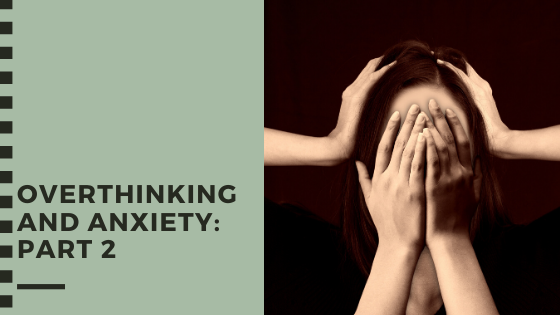By: Magnus Dalier
As discussed in Part 1 of this series, meta-cognition is an important tool we can harness to reduce anxiety. Neurofeedback can promote effective meta-cognition through improved focus and emotion regulation.
Recent findings suggest that neurofeedback training to improve focus may lead to neurological changes in individuals that relate to emotion regulation. According to Zhu and colleagues (2019), the hippocampus, the part of our brain responsible for encoding and recalling memory is also involved in emotion regulation and social cognition. Zhu and colleagues’ (2019) study reveals that neurofeedback training for alpha waves, which are associated with focus, led to increased activity and connectivity between the hippocampus and the amygdala. The researchers also found that an increased link between the hippocampus and the amygdala, our emotion processing center, correlates with an increase in socio-emotional processing and regulation (Zhu et al., 2019).
Moreover, Hsueh and colleagues (2016) found that individuals training alpha waves over 12 neurofeedback sessions saw increased alpha wave duration and range as well as increases in working and episodic memory. Given the results of both studies, neurofeedback training for alpha waves may promote productive meta-cognition, helping individuals to understand and
control their minds instead of letting their minds control them. Treating anxiety can be complicated because it necessitates good emotion regulation, which itself depends on effective meta-cognition. The focus and memory benefits incurred through
mindfulness meditation and neurofeedback training are crucial building blocks for effective meta-cognition. Ultimately, developing these skills reduces unhealthy thinking and enables stronger emotion regulation, which will help reduce anxiety. If you struggle with anxiety or if overthinking causes you stress and you would like to regain control of your mind, cognitive behavioral therapy and neurofeedback therapy are great ways to meet your goals. If you would like to learn more about cognitive-behavioral therapy or neurofeedback therapy, contact our staff at Georgetown Psychology and we will be happy to help.
References
Basso, J. C., McHale, A., Ende, V., Oberlin, D. J., & Suzuki, W. A. (2019). Brief, daily meditation
enhances attention, memory, mood, and emotional regulation in non-experienced
meditators. Behavioural Brain Research, 356, 208-220.
https://doi-org.libproxy.tulane.edu/10.1016/j.bbr.2018.08.023
Hsueh, J., Chen, T., Chen, J., & Shaw, F. (2016). Neurofeedback training of EEG alpha rhythm
enhances episodic and working memory. Human Brain Mapping, 37(7), 2662-2675.
https://doi-org.libproxy.tulane.edu/10.1002/hbm.23201
Zhu, Y., Gao, H., Tong, L., Li, Z., Wang, L., Zhang, C., Yang, Q., Yan, B. (2019). Emotion regulation
of hippocampus using real-time fMRI neurofeedback in healthy human. Frontiers in
Human Neuroscience, 13.
https://doi-org.libproxy.tulane.edu/10.3389/fnhum.2019.00242






